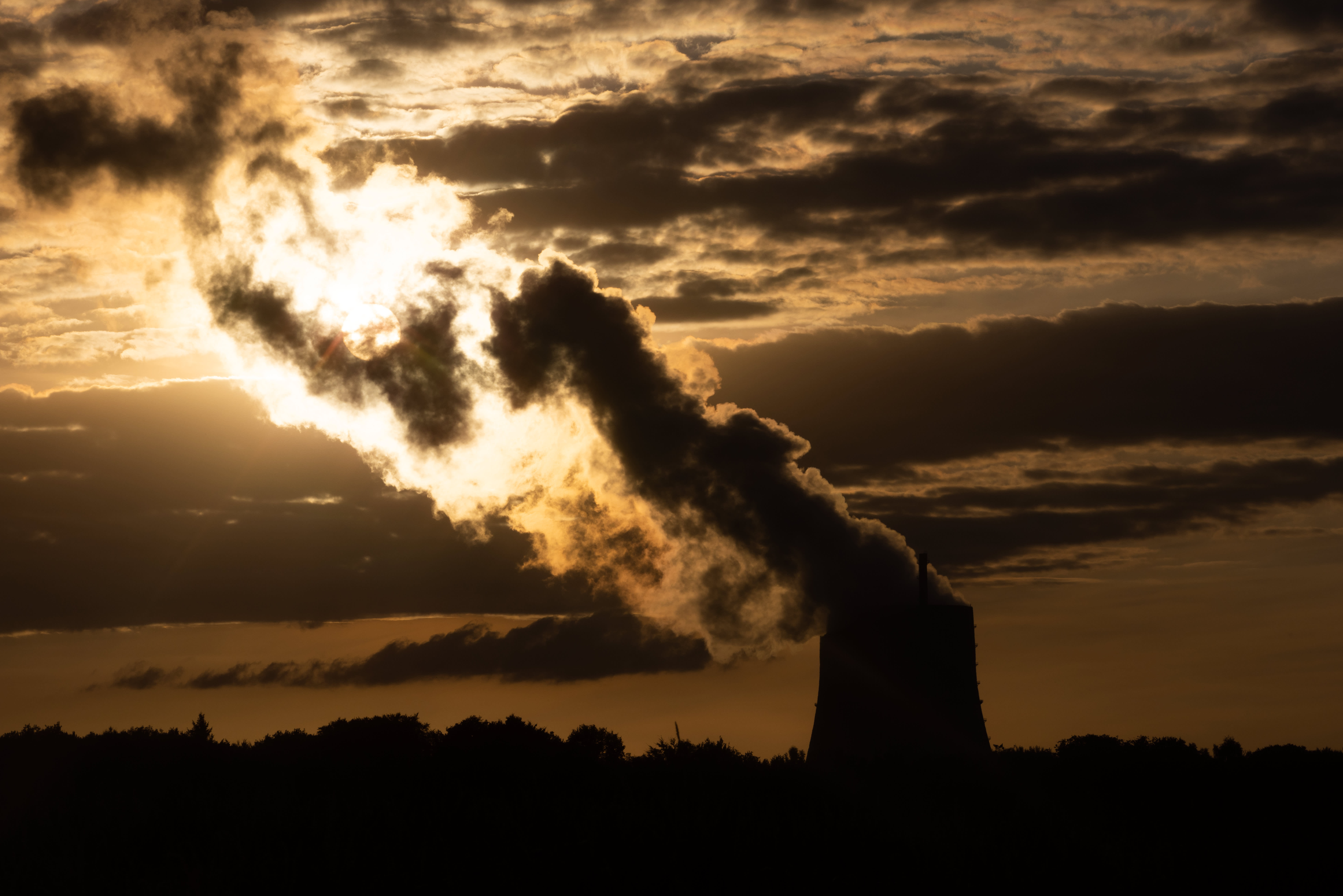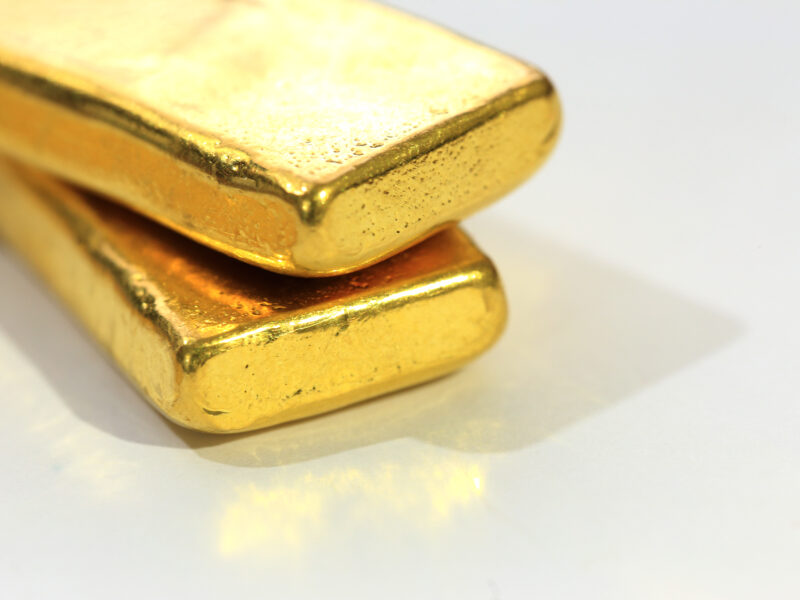
While the economy of the euro area grew in the second quarter, its prospects are not good as Russia cuts gas supplies.
Eurostat, Europe’s statistics office reported that the 19-member bloc recorded a 0.7% growth in gross domestic products during the second quarter. That is higher than what was expected of 0.2%. This comes after the GDP growth rate was 0.5% for the first quarter.
Contrast sharply with negative annualized readingsOut of the United States both the first second quarterThe euro zone is continuing to enjoy the economic reopening following the pandemic.
A growing number of economists expect the euro area to slip into recession in next year’s future. Nomura foresees a 1.2% annual contraction, while Berenberg points to a slowdown of 1%.
Even the European Commission, the executive arm of the EU, has admitted that a recession could be on the cards — and as early as this year if Russia completely cuts off the region’s gas supplies.
European officials are becoming more concerned by the possible shutdown of gas supplies. President Ursula von der Leyen saying Russia is “blackmailing” the region. Russia denied that Russia is using its fossil fuel resources to arm itself.
Gazprom, Russia’s state-owned majority energy corporation, has reduced the gas supplies to Europe via Nord Stream 1 pipeline by 20%. Twelve EU countries have already experienced partial interruptions to their gas supply from Russia. A few others are completely cut off.
European Economic Commissioner Paolo Gentiloni stated that the most recent growth numbers were “good news”.
“The next quarters will be full of uncertainty: [we]He stated that they must maintain unity while being ready to react to any changing situation.
This comes at a moment of high inflation in the euro region. The European Central Bank hiked interest rates for the first time in 11 years earlier this month — and more aggressively than expected — in an effort to bring down consumer prices.
However, rising inflation in the region is due to the energy crisis. Further cuts to Russian gas supplies may cause even greater price increases.
Accenture Europe strategy leader Rachel Barton said that the eurozone is experiencing positive growth despite the macroeconomic and geopolitical challenges over the past months.
It is clear, however, that supply disruptions, increasing energy prices, and inflation records will all have long-term consequences.
Meanwhile, Andrew Kenningham, chief Europe economist at Capital Economics, said Friday’s GDP figure would mark “by far the best quarterly growth rate for a while.”
The news of inflation being higher than predicted once again only shows that the economy faces a challenging period. “We expect that the recession will begin in the second half of this year,” he said.
Eurostat also published revised inflation figures Friday, putting annual inflation at 8.9% in July, up from 8.6% in June.


